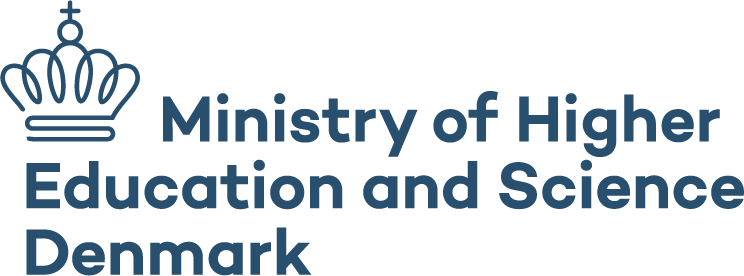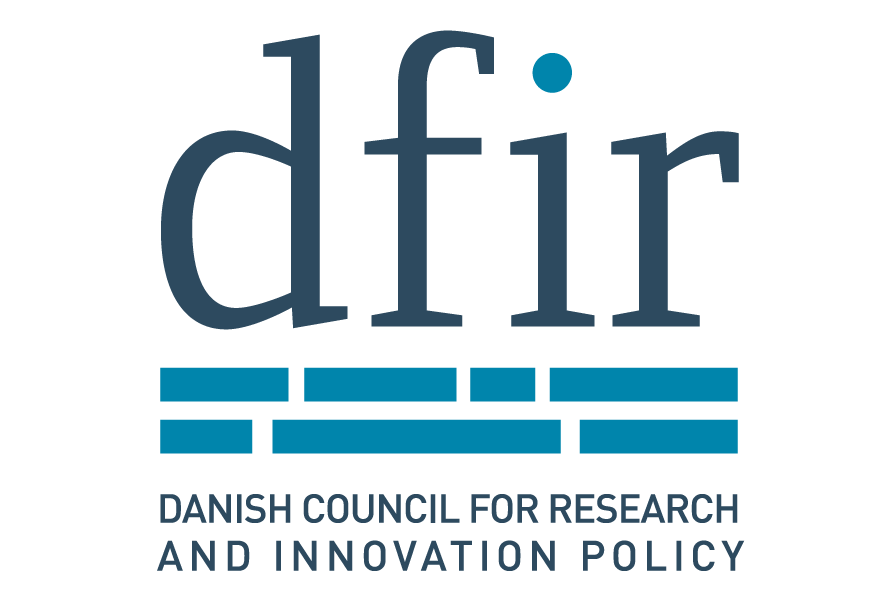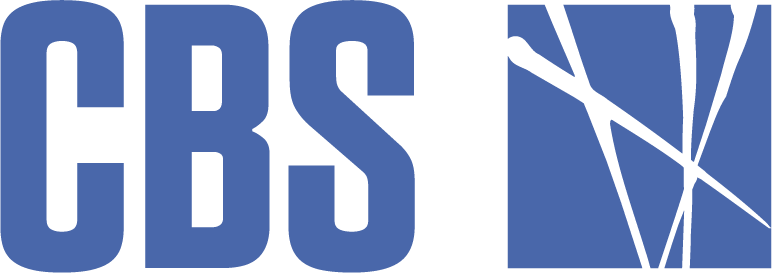Events indicated as “closed” are on invitation only.
Organiser: Asia-Europe Foundation (ASEF)
Organiser: Asia-Europe Foundation (ASEF)
Organiser: European Commission / Danish Ministry of Foreign Affairs
Organiser: European Commission / Danish Ministry of Foreign Affairs
Organiser: EU Science Diplomacy Alliance
Room: SPD4.20 – 4th floor – Augustinus fonden
Venue: The Royal Danish Academy of Sciences and Letters, H.C. Andersens Boulevard 35 DK-1553 Copenhagen
Organisers: Danish Centre for Studies in Research and Research Policy (CFA), Aarhus University and the Royal Danish Academy of Sciences and Letters
Civil society actors are often highlighted as increasingly important within public policy decision-making and prioritization, advocating for policies that enhance international cooperation, and promoting intercultural awareness. However, the role of civil society in science diplomacy activities remains largely unexplored. The support of civil societies and their trust in research can prove crucial in science-diplomacy activities to navigate geopolitical tensions, disruptive technologies, and increasing online disinformation, among other societal and global challenges. Enhanced engagement with civil society actors in science diplomacy efforts holds the potential to increase understanding and support for science-based responses to global challenges, and promote collaborative, internationally coordinated solutions.
This side event will discuss the possibilities and challenges related to the science-society-diplomacy interface and explore questions such as:
Speakers:
Moderator:
Register via: Where are the Publics in Science Diplomacy? (Side event for the 2. EU Science Diplomacy Conference) | Om arrangementet
Venue: Copenhagen Business School
Organisers: COST Association with The Guild, Marie Curie Alumni Association and Université Côte d’Azur
Room: SP202 – Carlsberg Auditorium - 2nd Floor
The session will be about how and at what level international scientific networks and the research collaboration performed there are necessary precursors to science in diplomacy and diplomacy in science. The event will invite four European-based and globally engaged initiatives to present case studies to showcase how long-standing collaborations build trust and to raise awareness of the importance of science towards global decision-making mechanisms and impact in facilitating intercontinental relations and diplomacy.
Specific aspects that will be discussed are:
Speakers:
Moderators:
Register via: From research to relation: international scientific networks, the quiet diplomats - COST
Venue: Copenhagen Business School
Organiser: Benedikt Brisch (DAAD Centre for International Academic Cooperation)
Room: SP205 – Nordea Auditorium - 2nd floor
In the face of the existential threat posed by Russia’s aggression, Ukraine and its scientific community have demonstrated remarkable resilience and innovative capacity since 2022. This has, for example, enabled Ukraine to emerge as a frontrunner in drone defense — a field in which it is now regarded as a model for Europe. Russia’s war of aggression has once again revealed that science and higher education are not insulated from geopolitics, but are deeply interlinked with questions of security, resilience, and sovereignty. Ukrainian researchers face the dual challenge of continuing their work under attack while contributing to the survival of both their scientific system and their civil society. The same applies to scientific communities in other countries experiencing crises, whether driven by internal or external factors. For Europe, the war in Ukraine underscores the need to rethink science diplomacy and to add new approaches and objectives to the goals of bridge-building and mutual understanding. Our societies are confronted with the challenges of an increasingly multipolar world marked by crises, disruptions, and global power struggles. Science diplomacy can and should also serve as an effective means of strengthening the resilience of science and broadening the scope for action in both diplomacy and research by fostering knowledge, expertise, and connections with a wide range of stakeholders across the international science landscape. The situation in Ukraine has required the scientific community to develop considerable innovation and negotiation skills, demonstrating both steadfastness and flexibility. This raises the question: can other countries also learn from researchers at risk and science in crisis in order to develop new, innovative, and effective approaches to science diplomacy? How can science diplomacy be designed and implemented as a powerful tool to advance not only the interests of science but also national, European, and global objectives? How can science safeguard its independence, and why is this independence of particular value for politics and diplomacy?
Science diplomacy can, among other things:
This round table brings together Ukrainian, European, and international voices to reflect on the lessons learned from crisis for science diplomacy and to explore the paths ahead.
Speakers:
Moderator:
Register via: From Threat to Empowerment: How Science in Distress Can Drive Innovation and Strengthen Science Diplomacy
Room: S01 – Auditorium - Ground floor
Speakers:
Speakers:
Coffee break & group picture
Room: S01 – Auditorium - Ground floor
Speakers:
Disruptive voice:
Moderator:
Speakers:
Speakers:
Short break, splitting into group sessions
Parallel Session 1: Transcending borders: ocean science diplomacy as an agent of change?
Coordinator: University of Bergen
Room: SP202 – Carlsberg Auditorium - 2nd Floor
Speakers:
Moderators:
Parallel Session 2: Polar science diplomacy in an ever changing world order
Coordinator: The Royal Danish Academy of Sciences and Letters / UiT - The Arctic University of Norway
Room: SP201 – Danske Bank Auditorium – 2nd floor
Speakers:
Moderator:
Parallel Session 3: Space diplomacy in a transforming geopolitical order: European priorities and global implications
Coordinator: European Space Policy Institute (ESPI)
Room: S01 – Auditorium - Ground floor
Speakers:
Moderator:
Networking reception
Room : Kilen Atrium
Speaker:
High-level dinner (CLOSED)
Room: S01 – Auditorium - Ground floor
Speakers:
Disruptive voice:
Moderator:
Speakers:
Coffee break
Parallel Session 4: Concrete Steps to Boost European Competitiveness Through Science & Tech Diplomacy
Coordinator: Danish Council for Research and Innovation Policy
Room: S01 – Auditorium - Ground floor
Speakers:
Moderator:
Parallel Session 5: The Role of Non-State Actors in Science Diplomacy
Coordinator: EU Science Diplomacy Alliance
Room: SP202 – Carlsberg Auditorium - 2nd Floor
Speakers:
Moderator:
Parallel Session 6: Equitable Science Diplomacy Partnerships
Coordinator: European Commission and International Science Council
Room: SP201 – Danske Bank Auditorium – 2nd floor
Speakers:
Moderator:
Lunch break
SciDip Talks by Science Diplomacy Researchers
Room: SP202 – Carlsberg Auditorium - 2nd Floor
Speakers:
Moderator:
Sneak Preview: Handbook of Science Diplomacy
Room: SP201 – Danske Bank Auditorium – 2nd floor
Artificial intelligence, quantum computing, biotechnology, and other emerging technologies are transforming not only economies and security but also the practice of science diplomacy itself. These developments intensify strategic rivalries, deepen digital divides, and introduce new actors - from tech corporations to science hubs - into the praxis of science diplomacy. At the same time, they open opportunities for actors, networks, and institutions active in science diplomacy for renewed cooperation on shared challenges such as climate change, health, and resilience.
This panel offers a sneak preview of the forthcoming Handbook of Science Diplomacy, edited by Jan Lüdert and Martin Wählisch. Joining the editors is contributing author Tim Flink, whose work on evolving frameworks of science diplomacy helps anchor the volume’s conceptual foundations. Together, they will introduce the book’s core themes and its blend of analytical chapters and global case studies, including semiconductor geopolitics, AI governance, space diplomacy, biological weapons control, gender and STEM, and emerging institutional models.
The conversation will explore how science diplomacy can adapt to rapid technological change and geopolitical polarization - and what tools, norms, and partnerships are required to ensure that scientific and technological advances contribute to international cooperation and the global public good.
Room: S01 – Auditorium - Ground floor
Speakers:
Disruptive voice:
Moderator:
Speakers:
Coffee break
Room: S01 – Auditorium - Ground floor
Speakers:
Disruptive voice:
Moderator:
Speakers:
Moderator:
End






